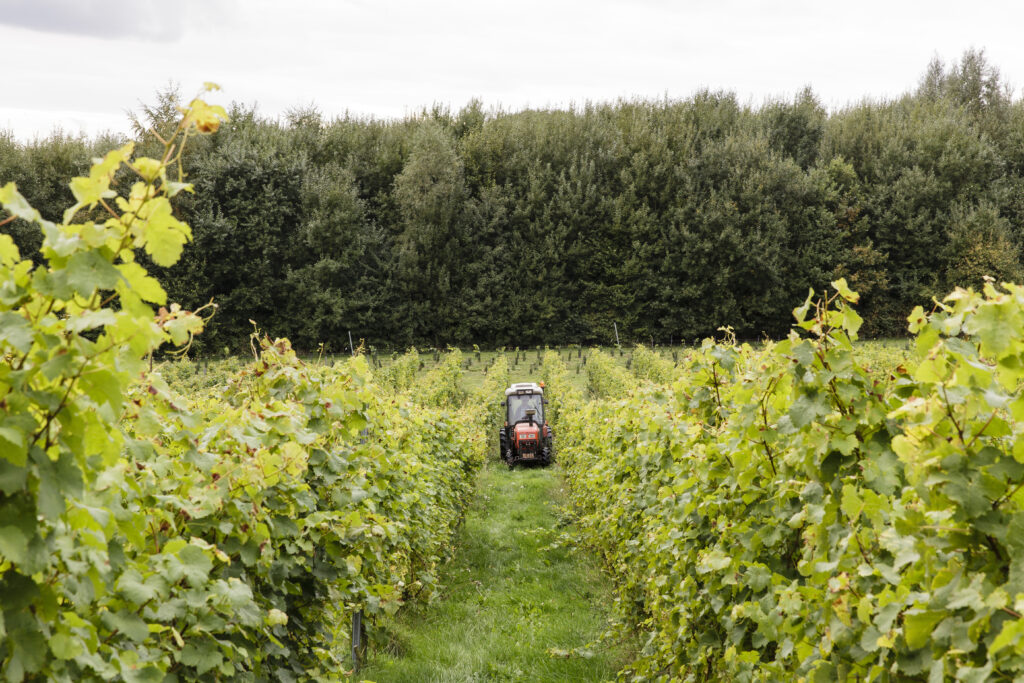These developments are not solely a technical challenge. They also raise the issue of the wine sector’s social responsibility. Producers must address environmental concerns by limiting the impact of global warming while adapting to its effects, and they must also respond to growing social expectations from consumers who are seeking wines that are healthier, lighter, and produced responsibly. From an economic perspective, wineries must remain competitive at a time when the NoLo (no- and low-alcohol) trend is steadily gaining ground in the global market.
At Fermentis, biotechnological innovation is harnessed to support the industry in facing these new challenges. Research has shown that specific yeasts and yeast derivatives make it possible to better valorize grapes harvested earlier, by reducing vegetal notes and preserving fruity freshness. These solutions also help to naturally lower alcohol levels without relying on heavy or energy-intensive processes, while maintaining appealing aromatic profiles. They form part of a sustainable approach, as they rely on natural mechanisms and support producers in adapting to the constraints of climate change.
The rise of NoLo illustrates the emergence of a new culture of consumption, where the pleasure of enjoying wine goes hand in hand with a more balanced lifestyle. By supporting winemakers in crafting fresher, lower-alcohol wines that respect the environment, we contribute to building a resilient, forward-looking viticulture. Fermentis’ CSR commitment is embodied in this determination to accompany the sector’s transition, by offering solutions that transform climate-related challenges into opportunities for both producers and consumers.


